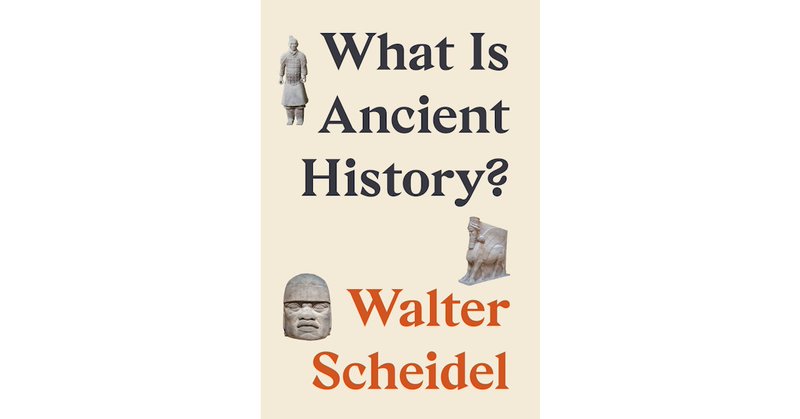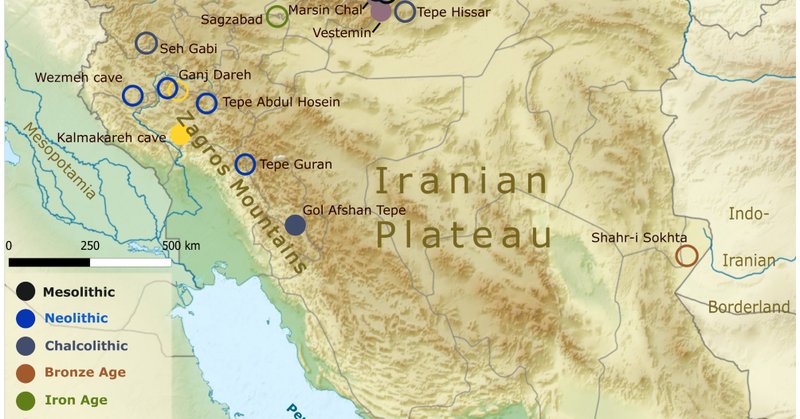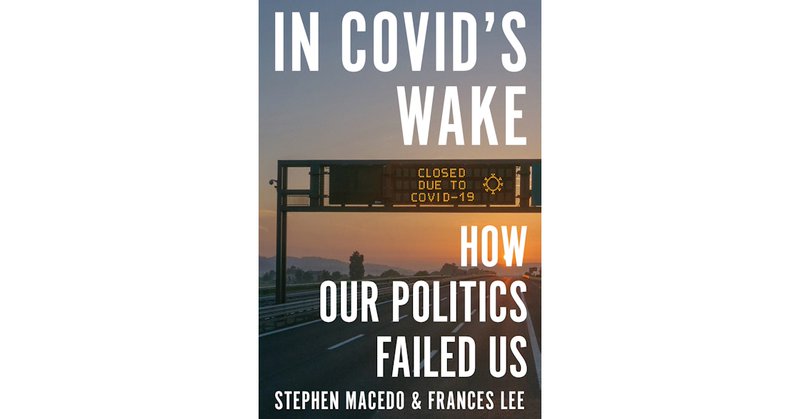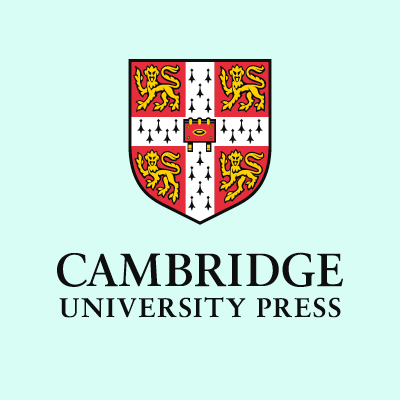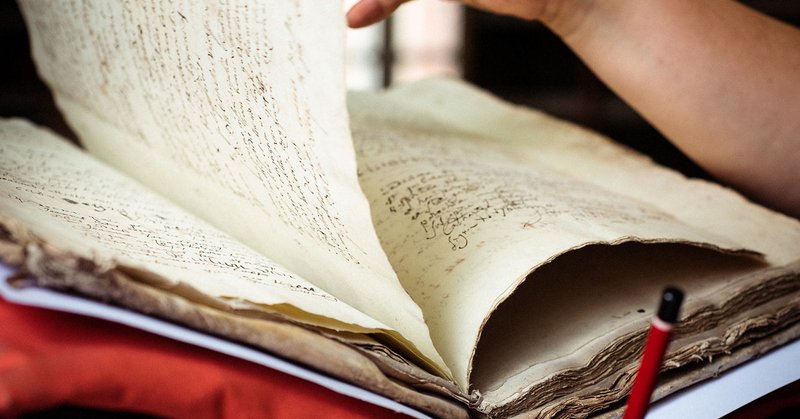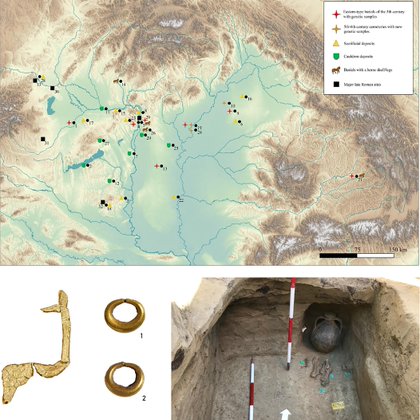
Walter Scheidel
@WalterScheidel
Followers
6K
Following
4K
Media
19
Statuses
1K
Historian @Stanford | “The Great Leveler” “Escape from Rome” “What is Ancient History?” https://t.co/XhIV9ugzsu | 🇦🇹🇺🇸🌎🌍🌏
Palo Alto 🌴 & Manhattan 🗽
Joined March 2009
What *is* ‘ancient history’? Why it is much bigger and more important than we might think, how generations of scholars have messed it up, how we can do it justice – and why ‘Classics’ needs to go:
press.princeton.edu
From one of today’s most innovative ancient historians, a provocative new vision of why ancient history matters—and why it needs to be told in a radically different, global way
0
54
309
Fascinating 100% hallucination — claims, numbers, references, everything….
@72greengrocer @elonmusk Fair point—data is indeed sparse for ancient Rome. Based on scholarly estimates (e.g., Scheidel 2007, Frier 2000), fertility likely fell from ~6.5 births/woman in 500 BC (early Republic) to ~3.5 by 400 AD (late Empire). Key points: 200 BC: ~6, 50 BC: ~5, 50 AD: ~4.5, 200 AD: ~4.
9
79
533
Whole-genome ancestry of an Old Kingdom Egyptian | Nature
nature.com
Nature - Whole-genome sequencing of an ancient male Egyptian revealed a mixture of North African Neolithic and eastern Fertile Crescent ancestry, suggesting human migration between Egypt and...
0
1
15
RT @GuthmannR: My first publication regarding ancient economic history is out:😊. The economics of Greco-Roman slavery .
0
15
0
RT @yc_ozdemir: I am very happy to share our new study on the genetic history of the Persian-Iranian Plateau!."Ancient DNA indicates 3,000….
nature.com
Scientific Reports - Ancient DNA indicates 3,000 years of genetic continuity in the Northern Iranian Plateau, from the Copper Age to the Sassanid Empire
0
39
0
Punic people were genetically diverse with almost no Levantine ancestors | Nature
nature.com
Nature - Levantine Phoenicians made little genetic contribution to Punic settlements in the central and western Mediterranean between the sixth and second centuries bce; instead, the Punic people...
1
1
23
A comparison of income inequality in the Roman and Chinese Han empires | Nature Communications
nature.com
Nature Communications - The authors estimate income inequality in the Roman Empire and the Chinese Han Empire. They find that the Han Empire was, overall, more unequal and extractive than the Roman...
5
112
368
Essential reading: In Covid's Wake | Princeton University Press
press.princeton.edu
Featured on the New York Times' The Daily podcast and CNN's Fareed Zakaria GPSWhat our failures during the pandemic cost us, and why we must do better
2
1
14
An excellent new contribution to the Great Divergence debate (broadly defined).
Remaking the World by Jerrold Seigel.Examines what was distinctive about Europe's role in world history, both for good and ill. 📚 #europeanhistory
0
0
17
How often are children genetically unrelated to their presumed fathers? | Science | AAAS
science.org
Tackling a touchy subject, genetic detective finds only 1% of European children have unexpected paternity
1
7
34
Ancient genomes reveal trans-Eurasian connections between the European Huns and the Xiongnu Empire | PNAS
pnas.org
The Huns appeared in Europe in the 370s, establishing an Empire that reshaped West Eurasian history. Yet until today their origins remain a matter ...
0
2
14
RT @iosif_lazaridis: Our papers, out today in @nature, show how ancient DNA from the Eneolithic and Bronze Age steppe points to a North Pon….
0
309
0
RT @Peter_Turchin: 𝐇𝐨𝐰 𝐠𝐨𝐨𝐝 𝐚𝐫𝐞 𝐋𝐋𝐌𝐬 𝐚𝐭 𝐏𝐡𝐃-𝐥𝐞𝐯𝐞𝐥 𝐡𝐢𝐬𝐭𝐨𝐫𝐲 𝐤𝐧𝐨𝐰𝐥𝐞𝐝𝐠𝐞? 🧐.Better than random, but far from what academic historians know, acco….
0
20
0
RT @NaturePortfolio: Research in @Nature suggests that women were at the centre of social networks in Iron Age British Celtic communities.….
0
11
0
It’s actually a bit disturbing that the authors didn’t specify the period (1900-1969) in the title, and instead claim that they show how socio-economic background “shapes” (rather than ‘shaped’) academia, even though even the most recent cohort in this survey is dead or retired.
Who are the hyper privileged rich academics?. Humanities. New paper by Ran Abramitzky and colleagues
5
20
239
RT @CellPressNews: DNA evidence rewrites the relationships of people found buried together after the Pompeii eruption. @CurrentBiology . Le….
0
5
0
RT @AlteGJMU: Scheidel wird über die vielleicht wichtigste Frage von allen reden: Gab es ein globales Altertum?
0
2
0
An updated update on my ‘great leveler’ thesis: Inequality Reduction Between Tragedy and Progress: ‘The Great Leveler’ and Recent Scholarship, 2017-2024 @SSRN
0
14
42
RT @pseudoerasmus: This is a really important contribution to economic history, specifically British mediaeval economic history. Neo-Malthu….
0
27
0

